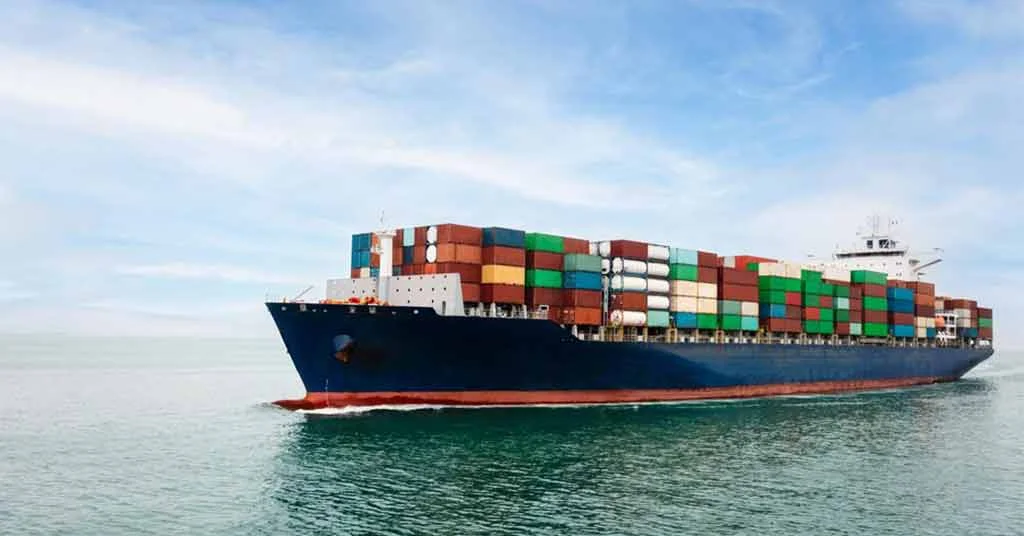Welcome To ChemAnalyst

Container shipping companies are embracing the use of methanol-powered vessels as a strategy to reduce greenhouse gas emissions. However, the transition to renewable methanol as a fuel source is expected to face supply constraints and cost challenges for several years, according to industry executives.
A significant milestone was reached when A.P. Moller-Maersk's first green methanol-fueled container ship set sail from South Korea in July. Industry projections indicate that the number of such vessels could surpass 200 by 2028, a substantial increase from the 30 currently in operation this year, as predicted by DNV, a leading consultancy.
Leading container shipping companies including A.P. Moller-Maersk, CMA CGM, and XpressFeeders are at the forefront of adopting methanol-powered ships. These companies, responsible for transporting consumer goods for renowned brands such as Apple, Nike, Adidas, and Walmart, are utilizing methanol as a key strategy to meet both their internal and clients' emission reduction targets. Additionally, these companies are investigating other emerging options such as ammonia to further their sustainability objectives.
Although the initial investment for methanol-powered ships with dual-fuel capabilities is around 10%-12% higher compared to conventional vessels, Maersk anticipates that this price differential will diminish over time as economies of scale are achieved and the industry matures. However, challenges associated with ensuring a consistent supply of methanol fuel pose considerable hurdles, and complete emission elimination remains a challenge.
Emma Mazhari, Maersk’s Head of Energy Markets, highlighted the central cost challenge regarding fuel supply and the necessity to establish widespread production capacities for methanol and corresponding fuel infrastructure.
Traditional methanol offers a reduction of up to 80% in nitrogen oxides emissions and nearly 99% in sulfur oxide emissions compared to conventional fuel oil. However, it still emits carbon dioxide, a significant contributor to climate change. The adoption of green methanol, produced from renewable sources like biomass or captured carbon and hydrogen from renewable power, can lead to a remarkable reduction of 60% to 95% in carbon dioxide emissions compared to conventional fuels, as stated by the Methanol Institute.
However, green methanol, which holds promise for sustainability, is currently scarce and more expensive than conventional methanol produced from fossil fuels. The logistics of delivering the renewable fuel to bunkering hubs, where ships refuel, add extra costs in terms of both money and emissions.
BHP's Vice President for Maritime and Supply Chain Excellence, Rashpal Singh Bhatti, underscored the importance of finding a source with substantial decarbonization potential, ultimately seeking a solution that is near carbon neutral.
While the demand for methanol in sectors like construction and manufacturing stands at 100 million tonnes annually, a 16,000-TEU container ship consumes 30,000 to 40,000 tonnes per year, presenting a considerable demand for fuel. However, bio-methanol, which is environmentally friendly, represents less than 1% of global methanol production, indicating that the shipping industry currently relies heavily on conventional fuels.
The primary challenge in embracing methanol at its current stage lies in scaling up green production capabilities. Industry leaders are hopeful that increased investments in methanol-fueled ships will accelerate the production of renewable fuel and lead to cost reductions in the future.
Efforts to make green methanol more accessible and economical are ongoing, and the involvement of countries such as Chile and Argentina present potential for its production. As Asia increases its capacity to fuel ships with green methanol, strategic advancements in methanol storage and port proximity are driving the expansion.
We use cookies to deliver the best possible experience on our website. To learn more, visit our Privacy Policy. By continuing to use this site or by closing this box, you consent to our use of cookies. More info.
